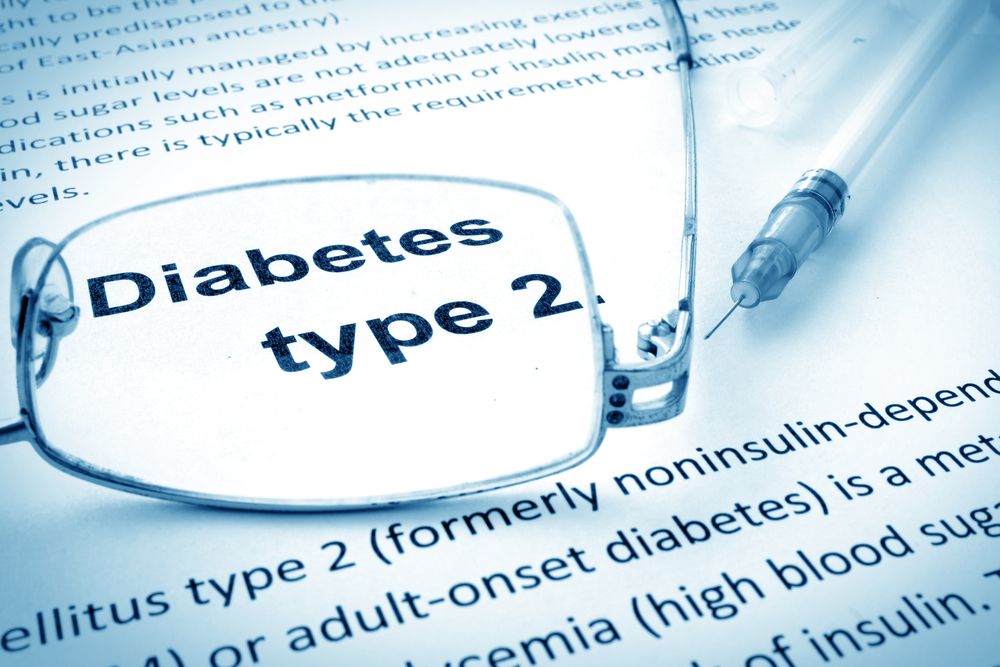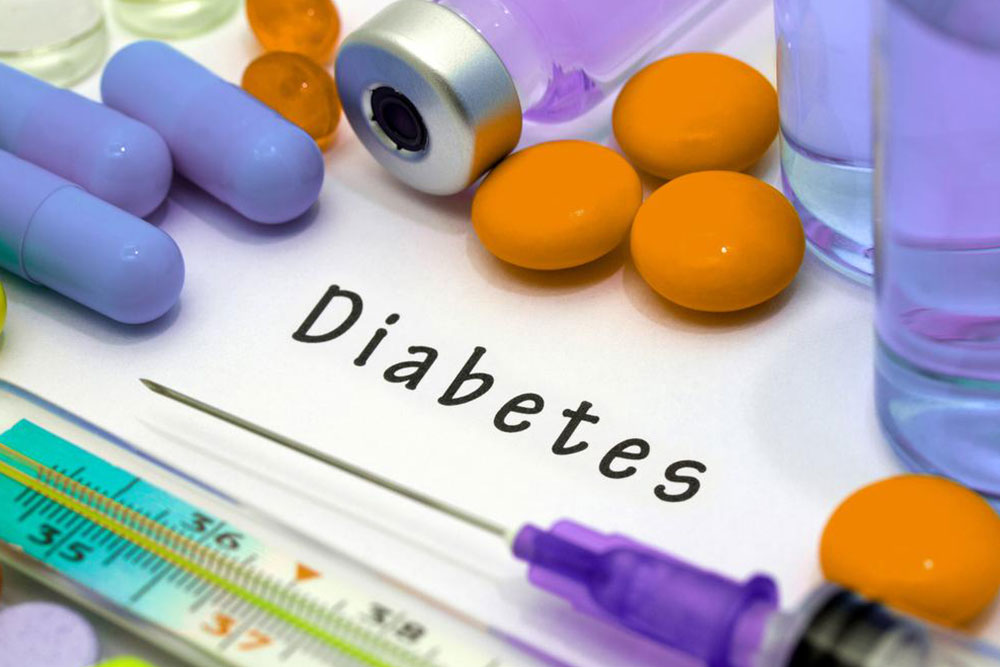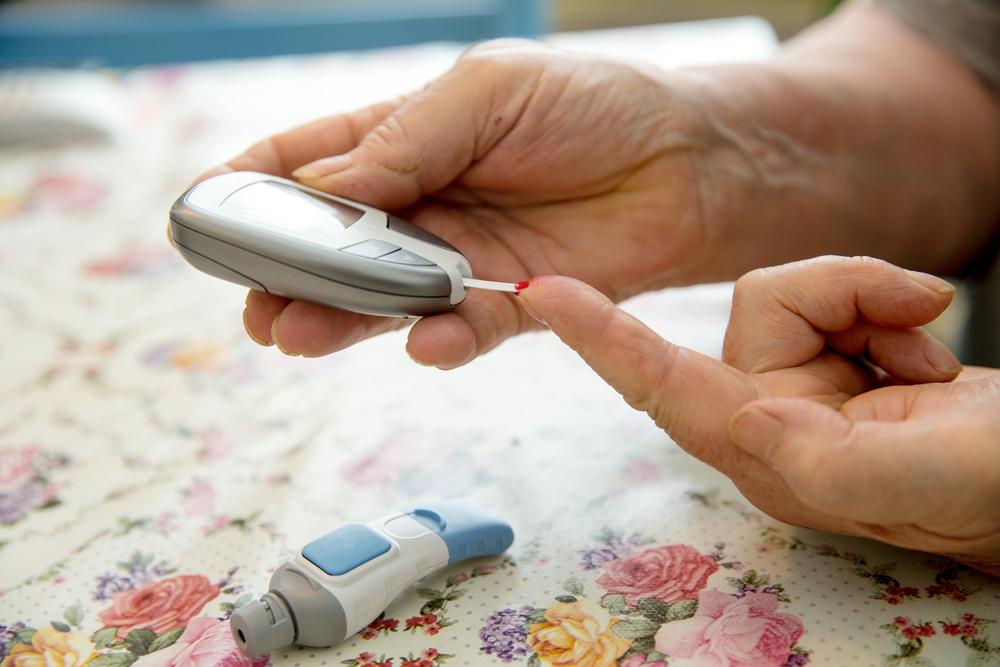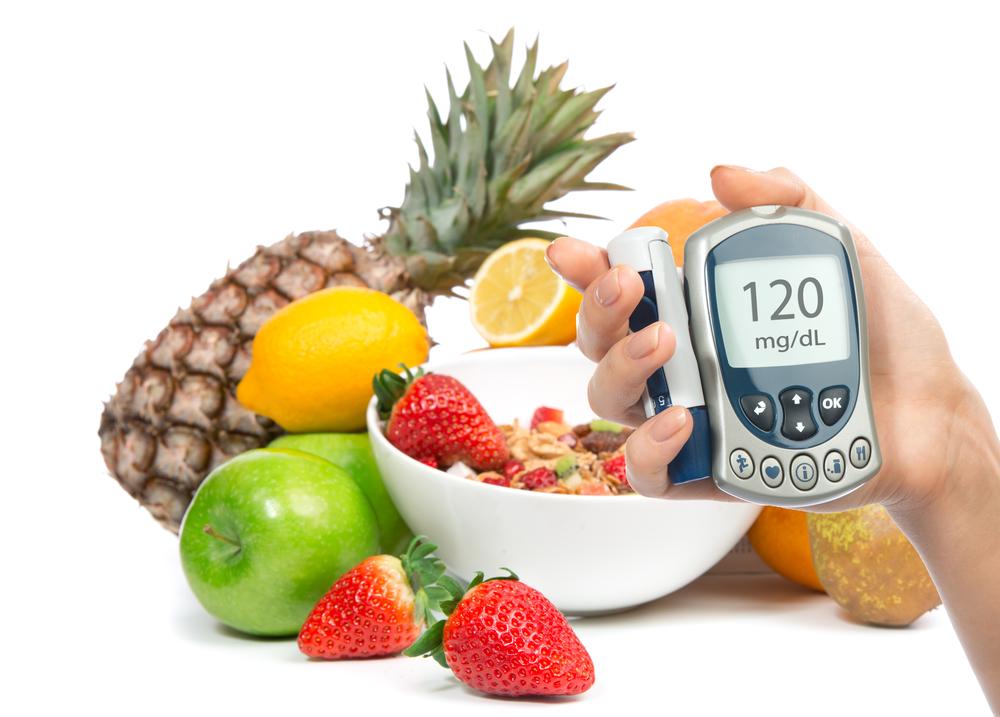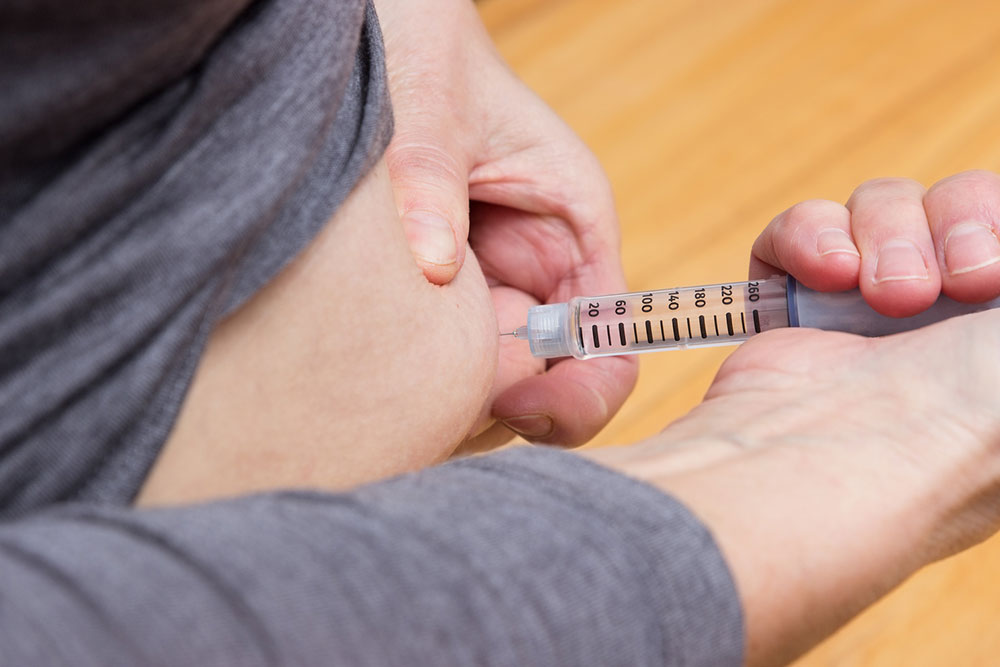Recognizing the Top 5 Signs of Elevated Blood Sugar
Discover the five key signs indicating high blood sugar levels, including frequent urination, excessive thirst, skin dryness, weight loss, and slow wound healing. Recognizing these symptoms early can help prevent serious health complications associated with diabetes. If you experience any of these signs, seek prompt medical advice to manage your blood sugar effectively and maintain overall health.

High blood sugar, known medically as hyperglycemia, occurs when excess glucose accumulates in the bloodstream. This condition is commonly linked to diabetes, affecting both type 1 and type 2 diabetics. Understanding the key symptoms can help in early detection and management.
Here are five prevalent indicators of high blood sugar:
Frequent urination: Also called polyuria, this occurs as the body attempts to rid itself of excess glucose, leading to increased urination.
Intense thirst: Persistent dry mouth and excessive thirst often accompany high blood sugar as a response to dehydration from frequent urination.
Itchy, dry skin: Elevated glucose levels can cause skin dryness and itchiness, although not dangerous, it can be uncomfortable.
Unexplained weight loss: Losing weight rapidly despite normal eating habits might signal blood sugar issues and warrants medical evaluation.
Delayed wound healing: High glucose levels impair immune function and oxygen delivery, resulting in slow healing of cuts and injuries.
If experiencing any of these symptoms, consulting a healthcare professional is strongly advised to prevent complications. Recognizing these signs early can facilitate better management of blood sugar levels.
Note: The information provided here is for educational purposes only. Always seek advice from qualified medical practitioners for diagnosis and treatment. Do not rely solely on online content for health decisions.


